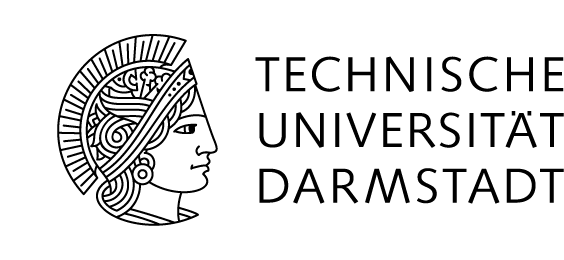Seminar: Current Topics on Secure Usage
| Form: | Seminar - 3 CP (2 SWS) |
| Organizer: | Prof. Dr. Heiko Mantel |
| Contact: | Tobias Hamann |
| Time and place: | Block seminar on 1 or 2 days, Thursday 06.07. and Friday 07.07.2017 |
| Language: | English |
| Registration: | via TUCaN, course id 20-00-0712-se |
| Max. participants: | TBD |
| Preparation Meeting: | Friday, 21.04.2017, 13:30-15:10 in E302 |
| Literature: | Will be announced during the preparation meeting |
Material
Will be made available in the course internal area.
Content
 Nowadays, users entrust applications with an increasing amount of sensitive data, such as contacts, account data, and pictures. Malicious or faulty applications processing this data can cause substantial harm to users' information security and privacy. When treating such sensitive data, regulations claiming that the access to the data should be limited and controlled usually have to be considered. One way to formulate these regulations are access control policies (e.g. Chinese Wall). Usage control policies even go beyond access control policies by not only constraining the sets of access rights but also the terms of usage (e.g. for what purpose, how often, during which time period). In the presence of such regulations, the need for developing appropriate mechanisms to enforce security policies arises, especially in the context of untrusted code.
Nowadays, users entrust applications with an increasing amount of sensitive data, such as contacts, account data, and pictures. Malicious or faulty applications processing this data can cause substantial harm to users' information security and privacy. When treating such sensitive data, regulations claiming that the access to the data should be limited and controlled usually have to be considered. One way to formulate these regulations are access control policies (e.g. Chinese Wall). Usage control policies even go beyond access control policies by not only constraining the sets of access rights but also the terms of usage (e.g. for what purpose, how often, during which time period). In the presence of such regulations, the need for developing appropriate mechanisms to enforce security policies arises, especially in the context of untrusted code.
In this seminar, we will discuss recent research papers covering pitfalls and solutions for secure usage in mobile devices. Each paper will be presented by one participant of the seminar and will then be discussed intensely by the entire group of participants.
Exemplary topics include:
|
Learning Objectives
After successful participation in this course, students will be able to discuss selected developments in secure usage. Furthermore, students will have improved their skills in reading and understanding scientific articles, in presenting scientific results, and in discussing and comparing different usage control mechanisms.
Prerequisites
Knowledge of Computer Science equivalent to the first four semesters in the Computer Science Bachelor program.


